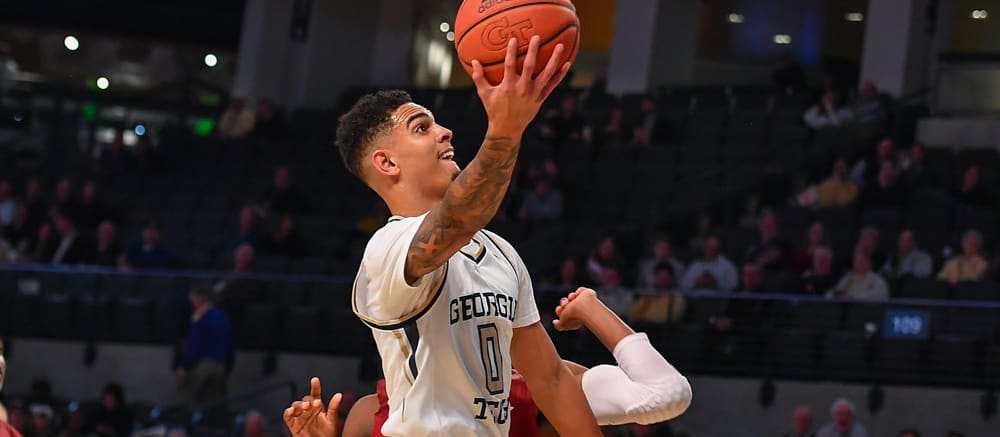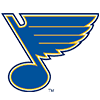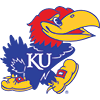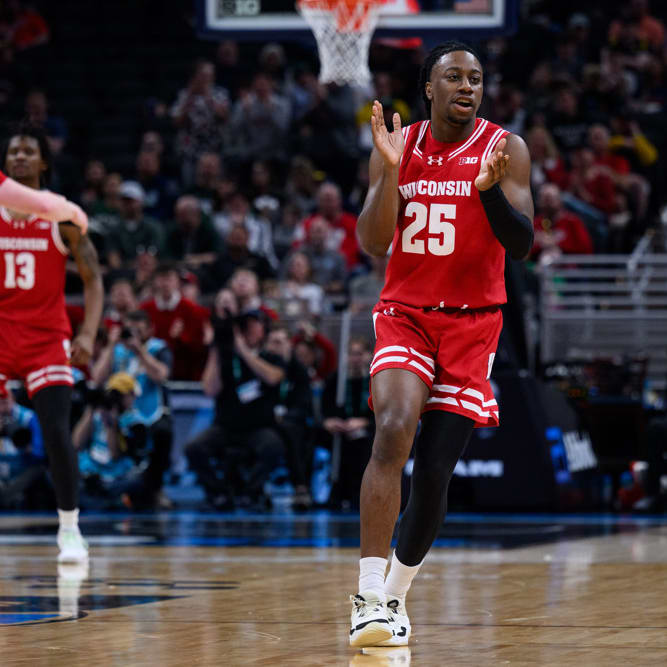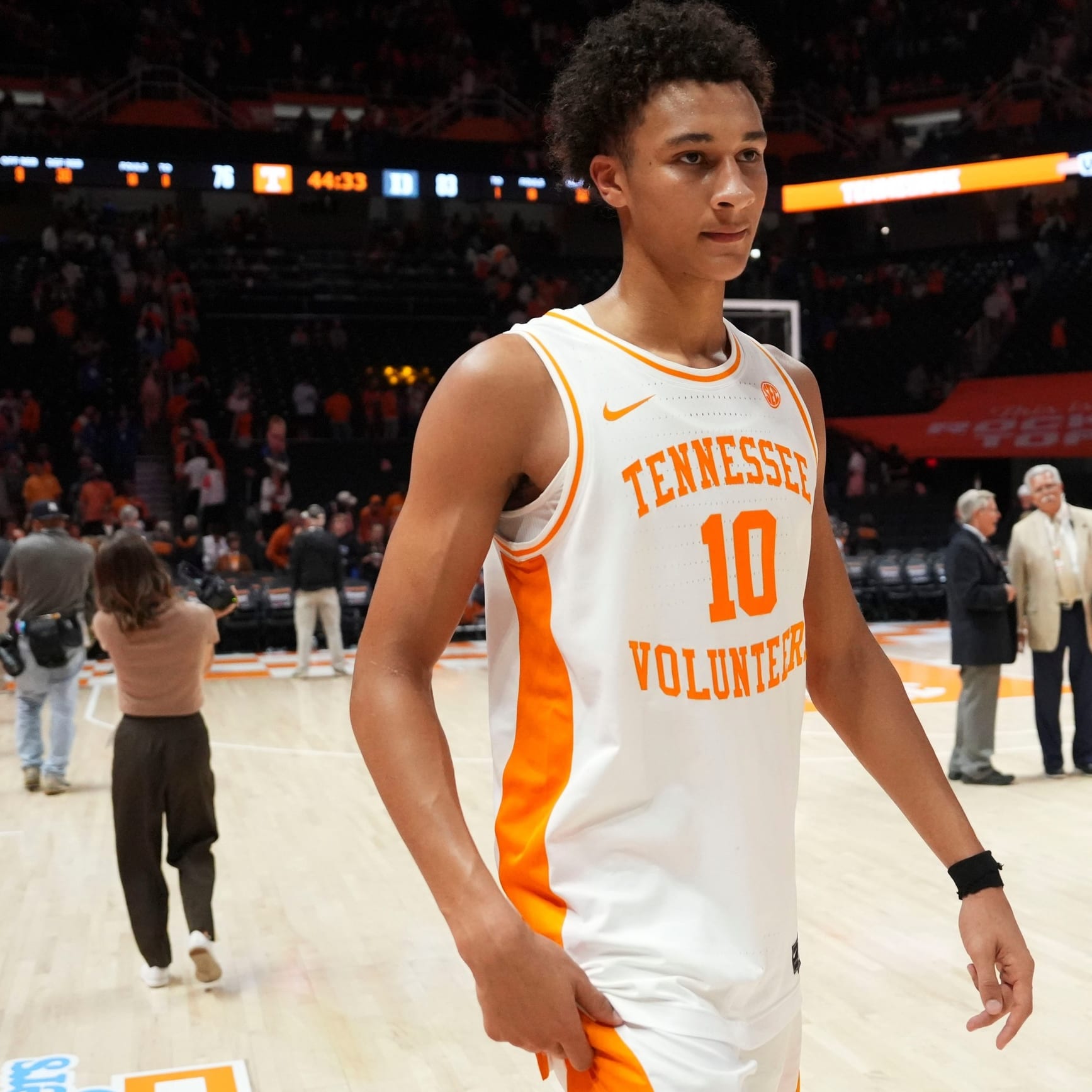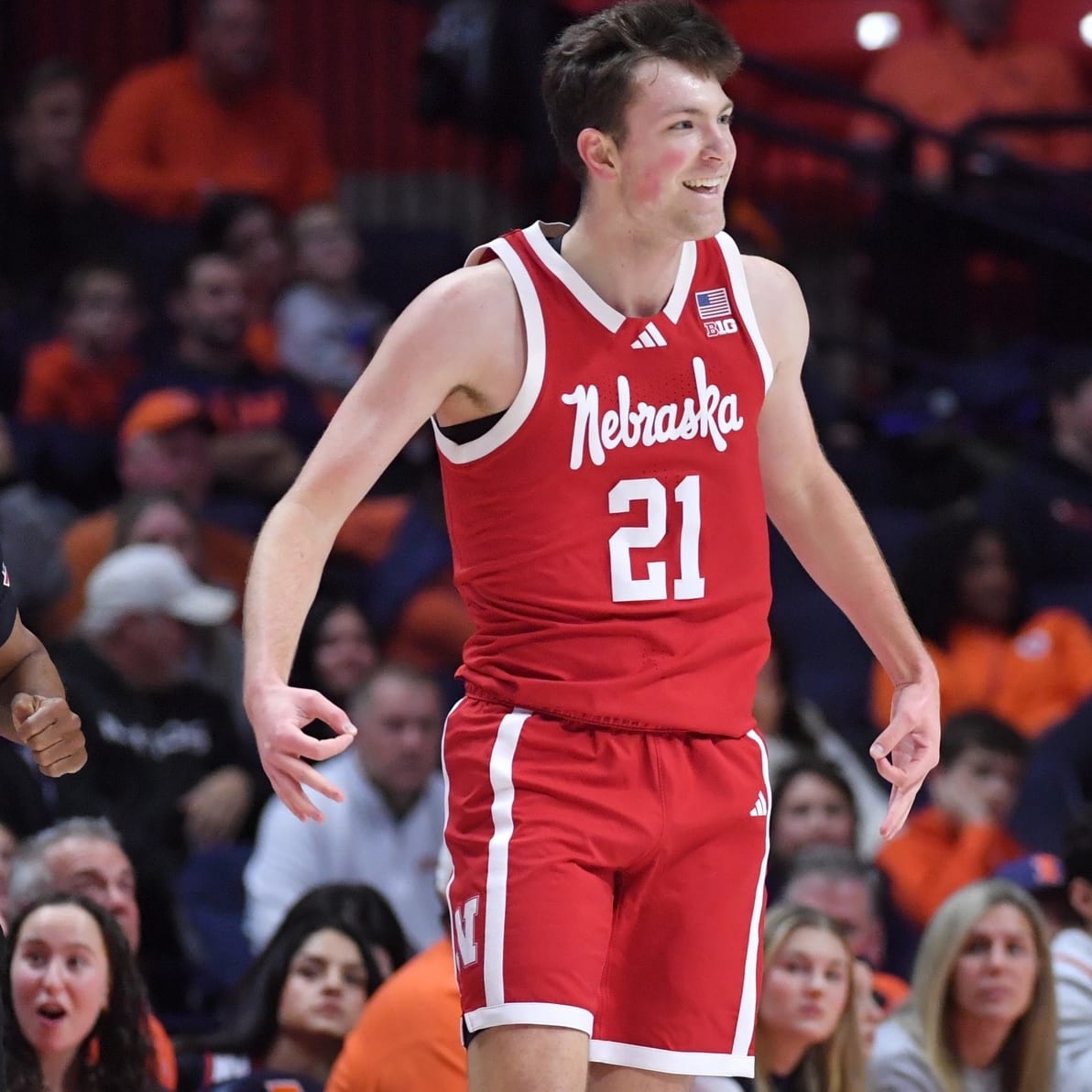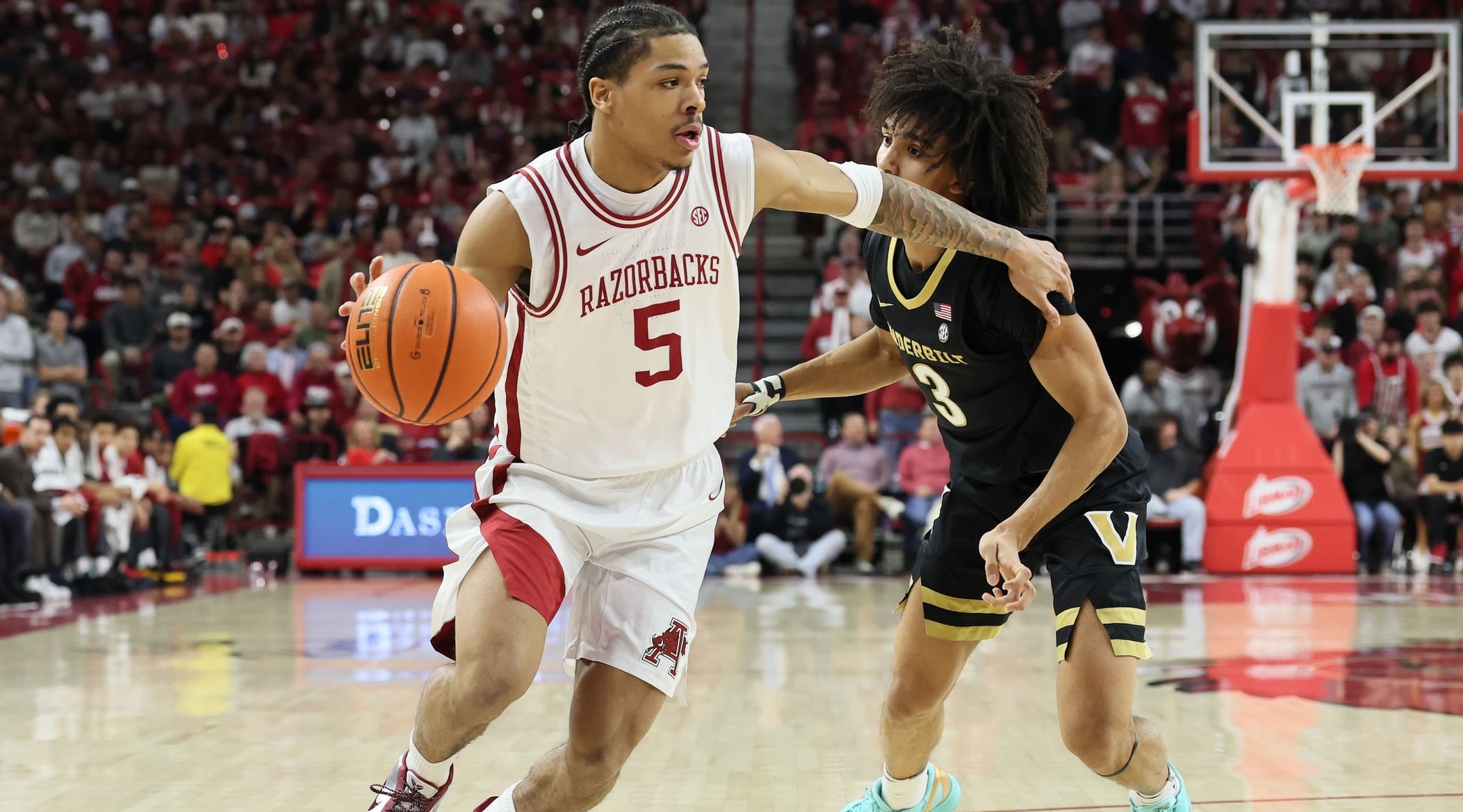Always a difficult column to pen early in the year, CBB waiver suggestions are often fitting a square peg into a round hole. There seems to be no true standard league set up across the industry, with some leagues using Tier 1 conferences (ACC, Big East, Big 10, Big 12, SEC and Pac 12), others being smaller player pools or dynasty formats, some requiring centers and freshmen starters, and some including secondary conferences like the Atlantic 10, AAC etc. As such, guys included here will have a wide variety of value depending on your league. We welcome suggestions, questions and feedback throughout the year.
Power Conferences
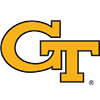 Michael Devoe, G, Georgia Tech
Michael Devoe, G, Georgia Tech
Devoe is a bit difficult to measure, as we know his 57.9 field goal percentage and 73.3 3-point percentage rates won't maintain. But it's important to remember he's a former four-star recruit that came with fanfare. Jose Alvarado is best suited as a floor general and secondary scoring option, while James Banks has routinely struggled offensively against decent competition. That translates into Devoe being the team's go-to scorer, and it's likely we're seeing him break out.
 Kihei Clark, G, Virginia
Kihei Clark, G, Virginia
It feel like I can include a Cavalier here weekly until we've covered all their rotational options, as their style is so unsexy it's largely forgotten for fantasy purposes. Clark has seen his minutes rise by over six as a sophomore, and he's responded by more than doubling his scoring, up to 10.8 points after 4.5 a year ago. He'll never be a go-to scorer, but the opportunity (need) for steady scoring is there, which no longer makes him a liability. The 5.6 assists he's sporting are real, and that's the season-long appeal.
 Armando Bacot, F, North Carolina
Armando Bacot, F, North Carolina
I don't want to be too ACC focused, but the fact of the matter is Bacot needs to be owned. He's returned from a concussion with consecutive double-doubles, the Heels are playing seven players at best in a small rotation, and only Garrison Brooks is a threat to low-post production. The slow start may have led to Bacot being dropped where he was drafted, and his opportunity far exceeds preseason expectations at this juncture.
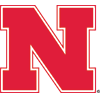 Cam Mack, G, Nebraska
Cam Mack, G, Nebraska
The Stephen F. Austin transfer has gotten off to a hot start, putting up 16.0 points, 6.5 assists, 5.0 rebounds and 1.5 steals while playing a team-high 36.0 minutes through four games. The competition hasn't been stellar, so Mack will need to prove himself in the upcoming Cayman Islands Classic, but the Cornhuskers don't have a lot of other options, seemingly giving Mack staying power.
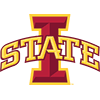 George Conditt, F, Iowa State
George Conditt, F, Iowa State
Conditt can be targeted on two fronts: as a defensive specialist or as a high-end lottery ticket. His per-minute production is incredible, averaging 10.5 points, 5.8 rebounds and 4.0 blocks in only 17.8 minutes. With Michigan, Seton Hall and Iowa on the horizon, monitoring Conditt's usage will be paramount to determining his season-long value.
 Tyrese Haliburton, G, Iowa State
Tyrese Haliburton, G, Iowa State
Figuring out who is and isn't owned this early in the year is a bit of a crapshoot. But knowing that Haliburton averaged 6.8 points, 3.6 assists and 1.5 steals a year ago, I assume he went undrafted more than not. And seeing that he's averaging 10.8 points, 10.3 assists and 3.5 steals in four games, I'm going to assume he's been scooped up at a high rate. If he hasn't, make sure he is.
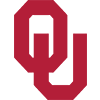 Kristian Doolittle, F, Oklahoma
Kristian Doolittle, F, Oklahoma
The senior appears to have taken his game to another level in his final year, averaging 16.5 points, 10.0 rebounds and 2.5 assists while seeing identical minutes to a year ago. He's posted two double-doubles in four games, both of which came against Power Conference opponents, boding well for his season-long outlook.
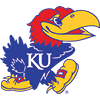 Marcus Garrett, G, Kansas
Marcus Garrett, G, Kansas
Through two weeks of this column, I'm surprised to see the relative availability of assists across the country, as it's largely a cavern for fantasy purposes come March. It's difficult to discern what's sustainable once cupcake non-conference opponents go away, but Garrett's 33.8 minutes suggest he'll have all the opportunity to continue his distribution. He may be a pour-man's Clark from above, as scoring isn't likely to be a regular occurrence. But I remain a sucker for cheap forms of assists.
 Isaac Bonton, G, Washington State
Isaac Bonton, G, Washington State
Bonton has thrived through four games, averaging 16.0 points, 4.5 rebounds and 4.5 assists while playing 33.5 minutes. He's doing so all while shooting only 34.8 percent from the floor, and 17.9 percent from 3-point range, numbers that seemingly have to improve. There's little chance he was drafted to open the year as a less than heralded junior college transfer who originally started his career at Montana State, and given that the Cougars are running a six-man rotation, there's nothing to suggest Bonton's production will dip.
 Kylor Kelley, F, Oregon State
Kylor Kelley, F, Oregon State
Kelly blocked 3.4 shots a year ago, so that he's swatting 4.3 in the early going isn't a huge surprise. But while playing nearly identical minutes to last year, he's boosted his scoring to 13.2 ppg, up from 7.7 a year ago, thanks in large part to a 10 percent improvement at the foul line. Kelly appears to no longer be a one-trick pony.
 Kira Lewis, G, Alabama
Kira Lewis, G, Alabama
Lewis is shooting the ball well (51.7 percent against 43.7 percent as a freshman), and it's led to an offensive breakout through two weeks, averaging 21.5 points. He's contributing across the board, pumping in five assists, 6.5 rebounds and 1.8 steals while playing 38.0 minutes nightly. Simply, he's the focal point of the Tide offense. The production could rise even further if James Bolden misses any more time due to a hand injury.
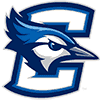 Marcus Zegarowski, G, Creighton
Marcus Zegarowski, G, Creighton
Zegarowski has thrived in the absence of Davion Mintz, posting personal bests in all statistical categories over last year with just a 6.2 minute per game increase. The scoring ability is most noteworthy, as he's averaging a crisp 17.8 points, up 7.2 from a year ago. He's an easy three-category contributor playing nearly 35 minutes. There's no clear timetable for Mintz' return from an ankle injury, and Zegarowski looks to have taken a step forward regardless of Mintz' status.
Tier 2 Conferences
 Kendric Davis, G, SMU
Kendric Davis, G, SMU
Granted eligibility after transferring from TCU, Davis wasted no time inserting himself as the Mustangs' go-to option, posting 21 points in 35 minutes, adding nine boards and four assists. Don't expect the rebounding to maintain given his 5-foot-11 frame, but Davis is likely to score in bunches and should be claimed without hesitation.
 James Bouknight, G, Connecticut
James Bouknight, G, Connecticut
Reinstated after missing three games for legal reasons, Bouknight has been very productive on a per-minute basis during three games in the Charleston Classic, averaging 13.3 points and 4.3 rebounds in 18.3 minutes while rarely missing a shot. That's already good for second on the team in scoring and fourth in rebounding despite six others seeing more minutes. Bouknight's role only
Nate Darling, G, Delaware
Darling may not have been on the nationwide radar to enter the season after averaging 10.1 points across 28.0 minutes in his sophomore year, but his scoring alone offers enough utility to make him a must-add in any format where the Blue Hens are a team used. He's second in the nation with a 26.4 ppg average, and at 6-5, offers rebounding upside from the backcourt.
Javon Freeman-Liberty, G, Valparaiso
A scoring average of 11.0 points and three-point shooting rate of 28.9 percent won't put a player on the national fantasy radar, but Freeman-Liberty has effectively doubled that scoring average through the first six games of his sophomore season. He's scored 19 or more in every game this year and improved his three-point shooting by nearly eight percent, setting the stage to be Valpo's go-to option as MVC play approaches.


